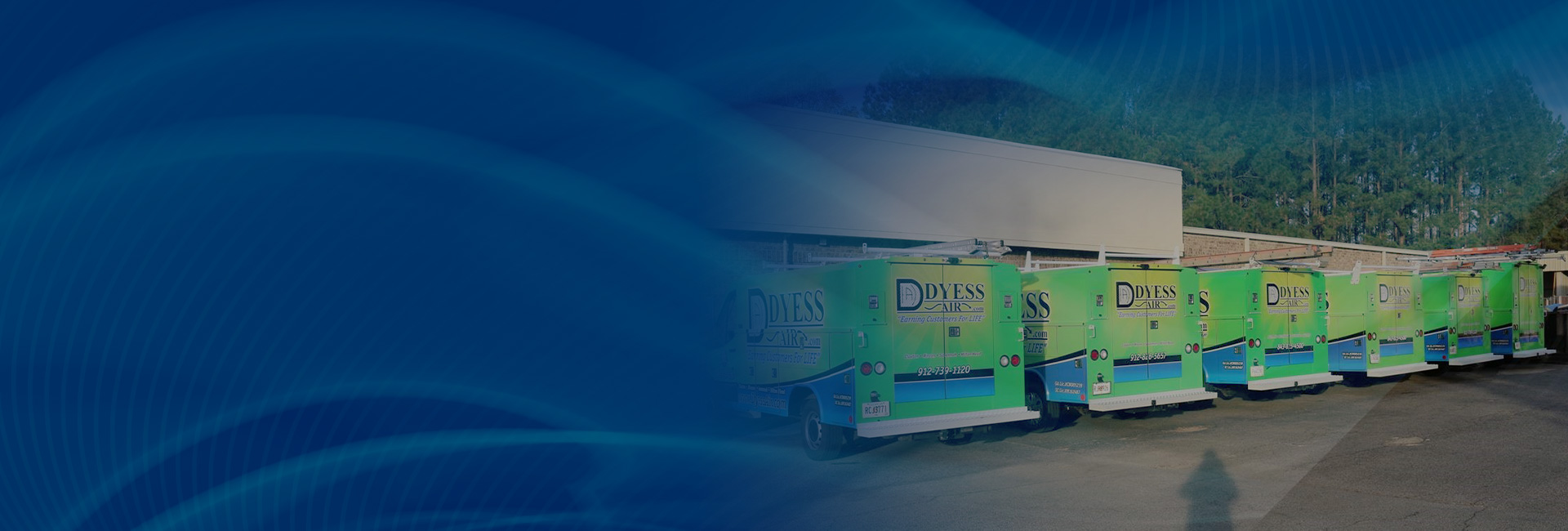Most people don’t think about saltwater and how it affects their Hilton Head and Bluffton heating and cooling equipment. But for those living in coastal areas, airborne minerals and moisture can penetrate deeply into heating and cooling equipment, wreaking havoc. Eventually, there can be a total system shutdown, if it is left unchecked.
Salty Air — Destroying Your Air Conditioner From The Inside Out
In coastal environments like Eastern South Carolina, there is moisture in the air and moisture in the salt. The sodium chloride in salt water can travel up to five miles inland and settle inside of your cooling equipment. Eventually, damage to various parts of the system can become so widespread that the unit no longer performs properly. Salty air can harm all of your HVAC equipment, but it’s especially hard on air conditioners. Moreover, there are certain parts inside air conditioners that are more vulnerable to saltwater damage than others.
Damage To The AC Condenser Coil
Your air conditioner’s condenser coil is very sensitive to sodium chloride deposits. The coil consists of aluminum fins and copper tubes which can break down quickly when exposed to sodium chloride. The damages can reduce airflow and prevent heat transfer. System shutdowns and inefficient operation are the most obvious symptoms of saltwater damage.
Damage From Corrosion
Signs of air conditioner corrosion include poor performance, insufficient cooling, failing parts, and equipment that ices up. If calls to your HVAC contractor are more frequent, saltwater corrosion is probably to blame.
Regular HVAC Maintenance — The Best Protection Against Damage From Salty Water
HVAC maintenance is one of the best ways to protect your cooling system from saltwater corrosion. If you live in a coastal area like Hilton Head or Bluffton, there are special coatings you can apply to the most vulnerable parts of your air conditioner to protect it from damage. Your local heating and cooling contractor can suggest additional ways to keep your South Carolina air conditioner healthy. The best way to keep your cooling system safe from saltwater damage is to have it serviced by a professional heating and cooling technician every year without fail.
Want to learn more about HVAC maintenance and whether a preventive maintenance plan would protect your air conditioner from saltwater damage? Call Dyess Air & Plumbing Conditioning in Hilton Head at (843) 242-0855.
